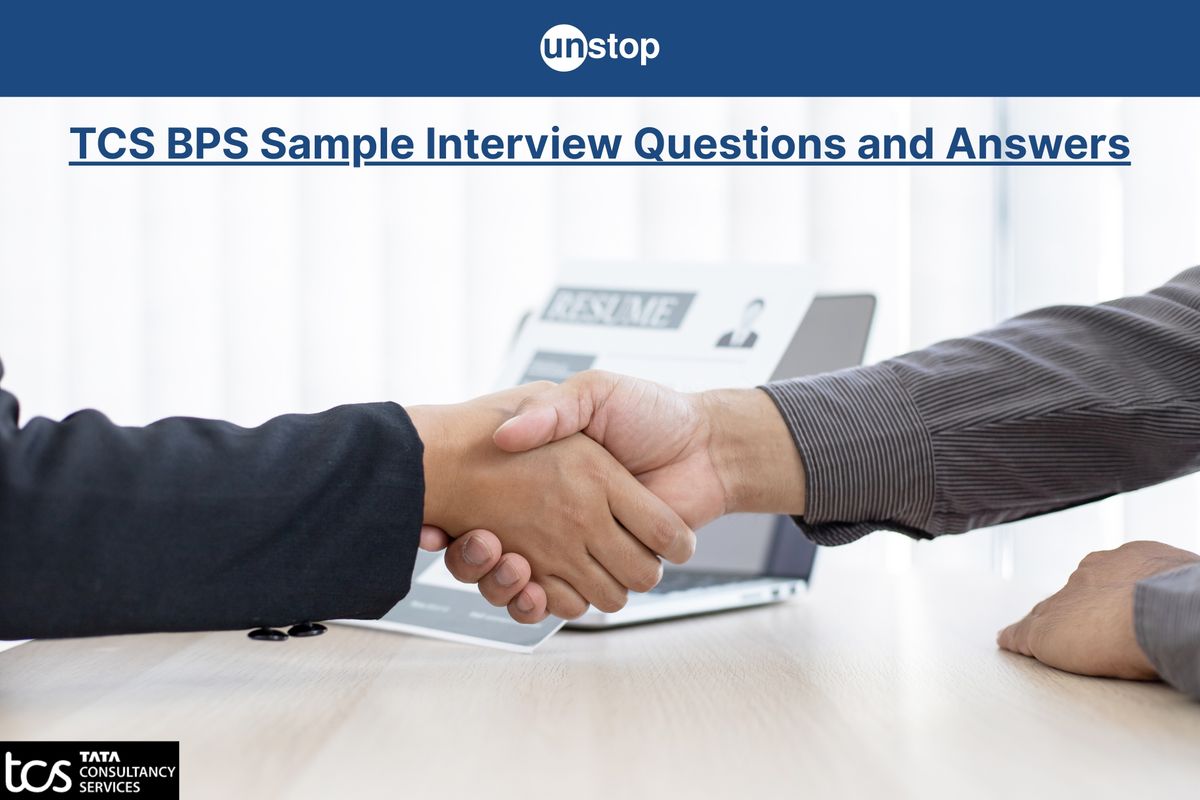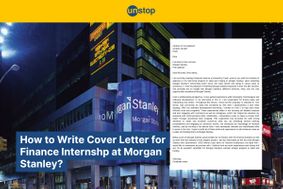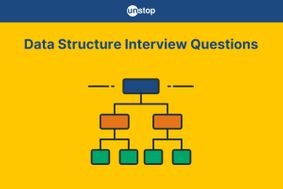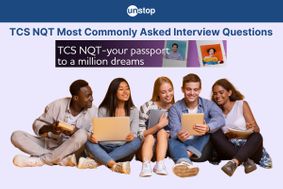- TCS BPS Recruitment Process for Freshers
- 30 Best TCS BPS Interview Sample Questions & Answers
- Tips to Crack the TCS BPS Interview
- About Tata Consultancy Services (TCS)
30 Best TCS BPS Interview Questions & Answers for Freshers (2026)

TCS BPS (Business Process Services) delivers non-IT and enterprise services by integrating industry-specific processes with analytics and insights. It supports key functions like finance, HR, and supply chain management.
Through solutions like Platform BPS, TCS drives co-transformation with clients, enhancing service delivery, risk management, and innovation.
TCS BPS Recruitment Process for Freshers
Let us look at the typical recruitment process followed in the TCS BPS Recruitment process:
TCS BPS Recruitment Process Table
| Stage | Details | What to Expect | Tips |
|---|---|---|---|
| 1. Online Assessment | Initial screening to evaluate core skills | Questions on quantitative aptitude, logical reasoning, and English language | Practice mock tests and improve time management |
| 2. Technical Interview | Assesses domain-specific or role-based technical understanding | Questions related to business processes, basic tech concepts (if applicable) | Review academic projects, stay confident and clear in explanations |
| 3. HR Interview | Evaluates personality and cultural fit | Behavioral questions, motivation, strengths, weaknesses, career goals | Be honest, articulate well, and research TCS values and work culture |
| 4. Final Interview (if applicable) | Conducted by senior management or team leaders | Discuss qualifications, team fit, clarity on role expectations | Reiterate interest, show enthusiasm, and align answers with role and company goals |
30 Best TCS BPS Interview Sample Questions & Answers
Preparing for a TCS BPS interview? Here are some common questions and sample answers to help you understand what interviewers expect. Reviewing these will boost your confidence and help you effectively present your skills and enthusiasm.
Q1. Why do you want to pursue a career in Business Process Services (BPS) with TCS?
I'm interested in TCS BPS because it offers hands-on experience in business operations and process improvement. TCS’s innovation-driven culture aligns with my goal to grow in a dynamic environment. I also value continuous learning in areas like customer service and data management, which makes it a great place to start and build my career.
Q2. What exactly is “process optimization”?
Process optimization means improving a business process to make it faster, more efficient, and cost-effective. In BPS, this could involve reducing response times in customer support to boost satisfaction. It’s about using data and feedback to continuously refine processes for better results.
Q3. How would you go about handling a tough customer interaction?
I’d stay calm, listen actively, and show empathy. Understanding the issue fully is my first priority, followed by offering clear solutions. If it needs escalation, I’d assure the customer it’s being handled and follow up to ensure their satisfaction.
Q4. Which skills are essential for succeeding in a TCS BPS role?
Key skills for a TCS BPS role include strong business communication to collaborate effectively with clients and teams. Analytical abilities are important to assess data and identify improvements. Good time management helps meet deadlines in a fast-paced environment.
Familiarity with relevant software and a willingness to learn new tools are valuable. Lastly, being a team player with a focus on customer satisfaction supports overall success.
Q5. What are your salary expectations?
On the basis of my research, individuals in this role with a background and experience similar to mine usually fall in this salary range and I am hoping for a similar compensation. I would also love to know more about your budgeted salary range for the role, and if there are any other benefits that employees receive.
Q6. Will you be comfortable relocating?
I am open to relocation, but I would love to know more about the kind of support the company offers to relocate employees.
Q7. What do you value more, money or work?
I understand the value of having a job I enjoy that also gives me room to grow. However, I do look for a compensation package that helps me fulfill my needs. I am motivated by both financial growth that pushes me to do my best and work opportunities that allow me to continuously hone my skills.
Q8. What are conditional statements?
Conditional statements are extensively used by programmers to control a sequence of programs based on some conditions. The statement executes until the condition is true. Otherwise, we get out the statements. Loops are also included in conditional statements as they execute their code when the condition is satisfied.
Q9. What do you understand by Object-Oriented Programming?
Object-Oriented Programming (OOP) organizes software design around objects, which have data and behavior. It’s ideal for large, complex projects because it simplifies development and maintenance using key concepts like abstraction, inheritance, polymorphism, and encapsulation.
Q10. What is RDBMS?
RDBMS stands for Relational Database Management System. It organizes and stores data in a structured manner, following the principles of the relational model.
Q11. What is the key difference between RDBMS and DBMS?
The key difference between the RBDMS and DBMS is that the RDBMS stores the data in the form of a table, while the DBMS stores the data in the form of files.
Q12. What is the Software Development Life Cycle?
Software Development Life Cycle (SDLC) is a process used in the software industry to design and develop high-quality software. The main aim of SDLC is to reduce the risk of a project by forward planning so the software can meet the customer's expectations during production.
Q13. What are the different types of loops in programming languages?
Most programming languages have similar types of loops used to repeat a block of code multiple times. The main loops are:
- For loop
- While loop
- Do-while loop
Use a for loop when the number of iterations is fixed. Use while or do-while loops when the loop runs until a certain condition is met.
Q14. What are the different types of Inheritance?
Inheritance is nothing more than the manner in which a child object acquires all the attributes and properties of its parent object. There are basically five types of inheritance in Java and C++, which are
- Single-level Inheritance
- Multi-level Inheritance
- Multiple Inheritance
- Hybrid Inheritance
- Hierarchical Inheritance
Q15. What is socket programming?
Socket Programming refers to a form of programming that is used for communication between two applications running on different JRE (Java Runtime Environment). It is the connection in which two machines have information about each other's location, such as IP address and TCP (Transmission Control Protocol) port. A socket connection between the devices can be made using a wired connection or wireless connection.
Q16. What is the round trip time in networking?
The round trip time refers to the total amount of time taken by a data packet to travel back and forth, from source to destination and then from destination to source. It is one of the crucial parameters in computer networking, as it tells us about the latency in the network.
Q17. How would you handle a situation where you don't know the answer to a client's question?
If I don’t know the answer right away, I’d stay calm and let the client know I’ll get the correct information for them. I’d ask clarifying questions to understand their concern fully, then follow up with an accurate response as soon as possible. This approach reflects my commitment to providing helpful and reliable support.
Q19. Why should we hire you for the TCS BPS role?
I believe I’m a strong fit for TCS BPS because I’m eager to learn, service-oriented, and thrive in collaborative environments. My academic background has prepared me well for this role, and I’m motivated to contribute to team success and align with TCS’s values.
Q20. What metrics do you use to evaluate BPS performance?
To evaluate BPS performance, I focus on key metrics that reflect both efficiency and quality. These include:
- Turnaround Time: how quickly tasks are completed
- Accuracy Rate: the quality and correctness of output
- Customer Satisfaction Scores: feedback on service experience
- Cost per Transaction: the financial efficiency of each process
Q21. What is Business Process Services (BPS), and how is it different from BPO?
BPS involves managing and improving business processes using technology and analytics. Unlike BPO, which mainly focuses on outsourcing tasks, BPS goes further by integrating innovation and tech to enhance overall efficiency and add value to business operations.
Q22. What is the significance of data analytics in BPS?
Data analytics is key in BPS as it converts raw data into insights that improve decision-making and efficiency. It helps track performance, understand customer behavior, and identify areas for process improvement, ultimately boosting service quality and customer satisfaction.
Q23. What tools do you prefer for data management and analysis in BPS?
I prefer tools like Excel for organizing data, SQL for database queries, Tableau for visualizations, and Python for advanced analysis and automation. Together, they help manage data efficiently and generate clear, actionable insights.
Q24. How do you ensure data accuracy and integrity?
I ensure data accuracy by using validation checks during entry and regularly auditing data for errors. This helps maintain consistency and reliability, ensuring reports are trustworthy for decision-making.
Q25. Can you explain the role of workflow automation in BPS?
Workflow automation in BPS streamlines repetitive tasks, reduces manual effort, and minimizes errors. It boosts efficiency and accuracy and allows teams to focus on more strategic work—leading to better productivity and service quality.
Q26. How do you approach problem-solving in a technical context?
I start by clearly identifying the problem and its impact. Then, I explore possible solutions, assess their feasibility, and choose the most effective one. After implementation, I monitor the outcome to ensure it resolves the issue and supports process improvement.
Q27. Can you describe your understanding of TCS and its core values?
TCS is a global leader in IT and business process services, known for its core values of integrity, responsibility, excellence, and innovation. I appreciate how TCS focuses on sustainability and community, which aligns with my own values of making a positive impact.
Q28. What motivates you to work in the BPS sector?
I’m motivated by the chance to improve business processes and boost efficiency. The dynamic BPS environment offers continuous learning and growth while encouraging innovation and technology—aligning perfectly with my career goals.
Q29. How do you prioritize tasks when facing multiple deadlines?
I prioritize tasks by assessing their urgency and importance, categorizing them into high, medium, and low priority. Then, I allocate focused time slots for each, ensuring I meet deadlines without sacrificing quality.
Q30. What is your greatest strength, and how will it help you in TCS BPS?
My greatest strength is my analytical mindset. It helps me spot process inefficiencies and offer data-driven solutions. This skill enables me to improve operations and quickly adapt to challenges, making me a valuable team member at TCS BPS.
Tips to Crack the TCS BPS Interview
Understand the Role Thoroughly: Learn about TCS BPS, its services, and the specific job responsibilities. Knowing what the role demands helps you tailor your answers effectively.
Practice Aptitude and Reasoning Questions: Sharpen your quantitative, logical reasoning, and verbal skills through regular practice. Use online mock tests and previous year's questions to build confidence.
Prepare for Domain-Specific and Technical Questions: If the role involves specific domains like finance or HR, brush up on the basics. For technical rounds, focus on fundamental concepts related to your field.
Showcase Communication Skills: Clear and confident communication is crucial. Practice speaking clearly, maintaining a positive tone, and listening attentively during the interview.
Be Honest and Positive in HR Round: During the HR interview, be honest about your strengths, weaknesses, and experiences. Highlight your willingness to learn and adapt to new environments.
Demonstrate Problem-Solving Ability: Use examples from academics or projects to show your analytical skills and how you approach challenges logically and patiently.
Prepare for Behavioral Questions: Be ready to answer questions about teamwork, conflict resolution, and your motivation.
Dress Professionally and Be Punctual: First impressions matter. Dress neatly in formal attire and ensure you join the interview on time, whether it’s virtual or in-person.
Research TCS Culture and Values: Familiarize yourself with TCS’s core values, work culture, and recent achievements. This shows your genuine interest in being part of the company.
Stay Calm and Confident: Interviews can be stressful, but staying calm helps you think clearly and respond better. Practice mindfulness or breathing techniques if needed.
About Tata Consultancy Services (TCS)
Tata Consultancy Services (TCS) is a global leader in digital transformation and technology services. Founded in 1968 and part of the Tata Group, TCS is known for its innovation, engineering excellence, and customer-centric approach.
With over 607,000 professionals across 55 countries, TCS serves leading global organizations and has built long-term partnerships spanning decades. Recognized as a top employer on six continents, TCS helps clients become adaptive enterprises by rapidly applying and scaling emerging technologies, from mainframes to artificial intelligence (AI).
Conclusion
Preparing well for the TCS BPS interview is key to making a strong impression and securing the role. Understanding the types of questions, aptitude, technical, and HR, and practicing thoughtful, confident answers will boost your chances of success. Focus on showcasing your problem-solving skills, willingness to learn, and customer-centric attitude.
You may also be interested in the following:
- TCS Managerial Round Interview Questions (And Sample Answers)
- Examples For How To Answer "What Interests You About This Job?"
- Top 35 Interview Questions For Freshers With Answers
- Top 101 Java Interview Questions And Answers That IT Companies Ask!
- Top 50 data structure interview questions and answers that tech giants ask!
I’m a reader first and a writer second, constantly diving into the world of content. If I’m not writing or reading, I like watching movies and dreaming of a life by the beach.
Login to continue reading
And access exclusive content, personalized recommendations, and career-boosting opportunities.
Subscribe
to our newsletter
Blogs you need to hog!

How To Write Finance Cover Letter For Morgan Stanley (+Free Sample!)

55+ Data Structure Interview Questions For 2026 (Detailed Answers)

How To Negotiate Salary With HR: Tips And Insider Advice












Comments
Add comment